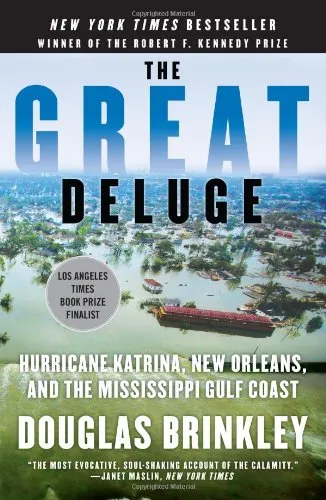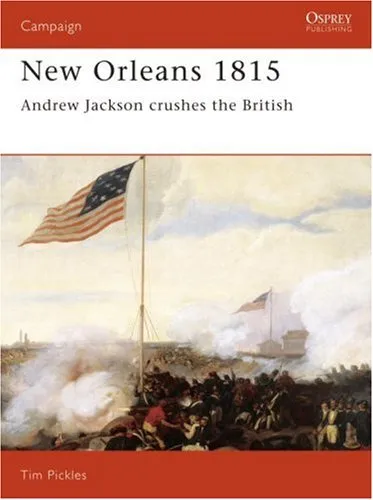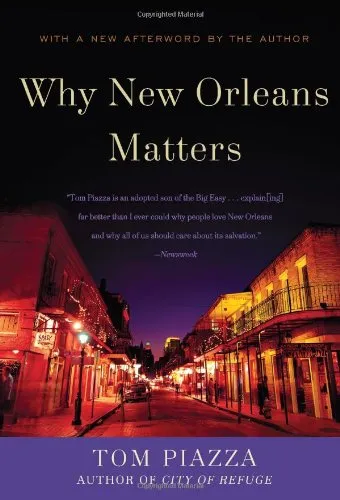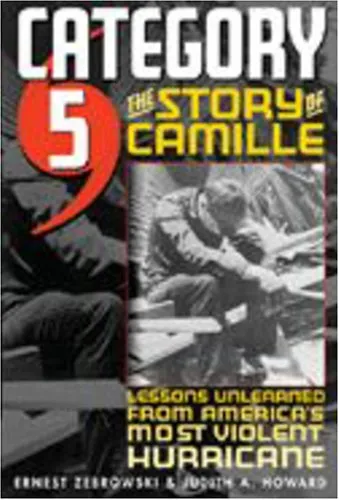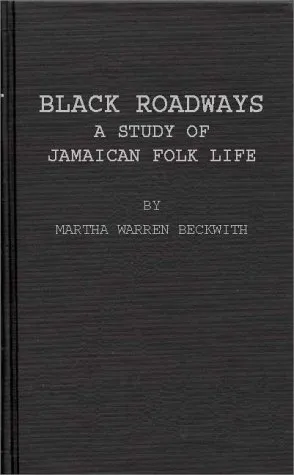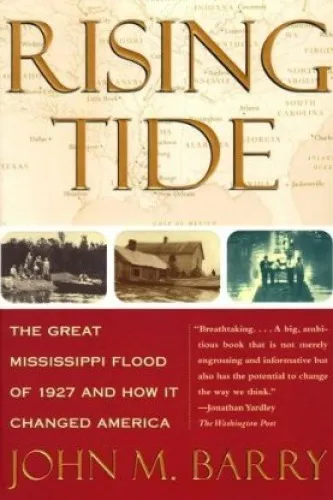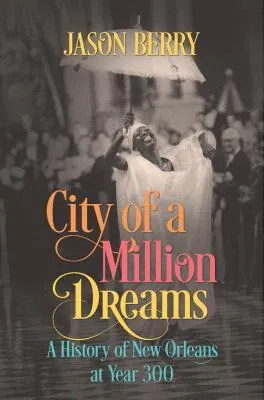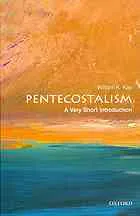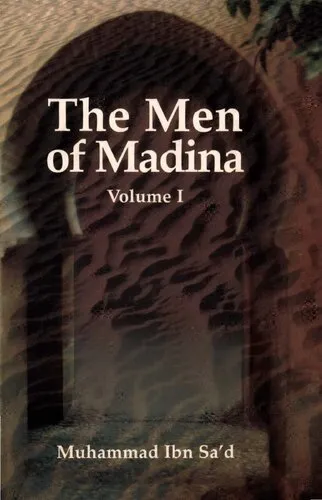Great Deluge: Hurricane Katrina, New Orleans, and the Mississippi Gulf Coast
4.2
Reviews from our users

You Can Ask your questions from this book's AI after Login
Each download or ask from book AI costs 2 points. To earn more free points, please visit the Points Guide Page and complete some valuable actions.Related Refrences:
Persian Summary
Introduction
Welcome to The Great Deluge: Hurricane Katrina, New Orleans, and the Mississippi Gulf Coast, a comprehensive chronicle of one of the most devastating natural disasters in American history. Published in 2006, this book captures the harrowing events of Hurricane Katrina, which struck the Gulf Coast in August 2005, leaving behind a trail of destruction and a profound impact on countless lives.
This book is not only a historical account but a narrative that dives into the stories of survivors, the failures of institutions, and the resilience of a region in turmoil. Douglas Brinkley, a renowned historian, brings a meticulous eye to this tale, providing readers with an intricate tapestry of personal experience, sociopolitical analysis, and unyielding human spirit.
Detailed Summary of the Book
In The Great Deluge, Douglas Brinkley embarks on a detailed exploration of the catastrophic events surrounding Hurricane Katrina. The book starts with a vivid depiction of the storm and its initial impact, providing a minute-by-minute documentation of the chaos as the levees failed, and the waters rose, enveloping New Orleans and the surrounding areas. Brinkley presents an expansive narrative, delving into the experiences of a diverse group of individuals - from residents who faced the brunt of the storm to city officials and first responders who struggled with inadequate resources and overwhelmed infrastructures.
The narrative extends to cover the federal and local government's response, shedding light on the systemic failures and highlighting stories of heroism and resilience. Brinkley uses interviews, public records, and personal accounts to paint a picture of a deeply flawed system, yet he tempers this with moments of hope and communal strength.
The latter sections of the book focus on the aftermath and the long, difficult journey of recovery, questioning the preparedness of authorities and exploring the socio-economic challenges that complicated the rebuilding efforts.
Key Takeaways
- The impact of natural disasters is often exacerbated by systemic failures in government response.
- Resilience and community solidarity are crucial in the wake of catastrophe.
- An in-depth examination of historical events can offer lessons for future disaster preparedness and management policies.
- Brinkley emphasizes the need for accountability and comprehensive reform in emergency response systems.
Famous Quotes from the Book
"Survivors of Hurricane Katrina have become the new unwitting architects of New Orleans. Their stories demand to be heard, and their pains demand to be heeded."
"In a land of plenty, in America, citizens should not have to scramble in desperation for basic necessity after a natural disaster. That is a travesty."
Why This Book Matters
Douglas Brinkley's The Great Deluge serves not only as a harrowing recount of a natural disaster but also as a crucial piece of historical literature that prompts introspection and reform. The book is an unflinching examination of the systemic issues revealed by the disaster and stands as a testament to the power of human tenacity and spirit in the face of overwhelming adversity.
In a world increasingly affected by climate change and natural disasters, The Great Deluge offers invaluable lessons on the importance of preparedness, effective governance, and the enduring strength of community. It has become a seminal text for understanding the complexities underlying disaster management and societal resilience.
Free Direct Download
You Can Download this book after Login
Accessing books through legal platforms and public libraries not only supports the rights of authors and publishers but also contributes to the sustainability of reading culture. Before downloading, please take a moment to consider these options.
Find this book on other platforms:
WorldCat helps you find books in libraries worldwide.
See ratings, reviews, and discussions on Goodreads.
Find and buy rare or used books on AbeBooks.
1422
بازدید4.2
امتیاز0
نظر98%
رضایتReviews:
4.2
Based on 0 users review
Questions & Answers
Ask questions about this book or help others by answering
No questions yet. Be the first to ask!
